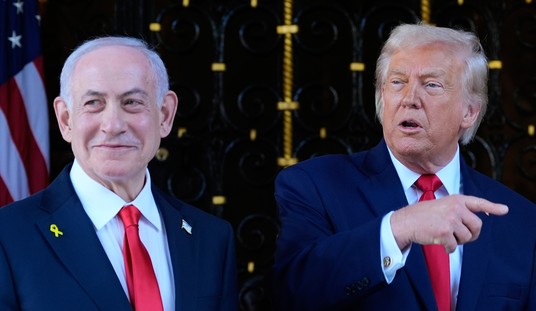This week, Britain’s Department for Education rejected a plan to force Sunday schools and other education programs for children under age 19 to register with the government and accept supervision of the government in these programs. The Evangelical Alliance hailed this as a victory for religious freedom.
The department took “an important step to protect religious freedom,” the Evangelical Alliance United Kingdom said in a press release. “Freedom of religion or belief benefits both people of faith and no faith. Indeed, it is the litmus test for a free society.”
The Education Department launched a study from November 2015 to January 2016 inviting interested education providers, local authorities, and other organizations to comment on the role of out-of-school education settings like Sunday schools. The study focused on “any institution providing tuition, training or instruction to children aged under 19 that is not a school, college, academy or registered childcare provider.” Specifically, it centered around those providing 6-8 hours of education per week.
The department released the study’s results earlier this week, and announced that the initial proposals would be scrapped.
Most of the responses came from faith groups (55 percent) and parents (20 percent), and an overwhelming majority of the 3,082 surveyed said they did not have “any concerns about any of the settings you know about.” A whopping 92 percent said they had no concerns, while less than 5 percent said they did have concerns.
Nearly three-quarters (73 percent) of those in the survey said that out-of-school education programs running from 6-8 hours per week should not have to register with the government. Only 14 percent said they should have to do so.
When asked if Ofsted, the Office of Standards in Education, should have broad authority “to investigate concerns that arise in out-of-school settings that meet the proposed threshold for registration,” 75 percent of respondents gave a firm “no.” Only 15 percent said “yes.”
Even respondents who said Ofsted would be the right organization to oversee such programs suggested that “inspectors would require specialist training, specifically in faith-related issues, when taking on this role.” The Education Department noted that many respondents “expressed concerns about Ofsted’s capacity, expertise and neutrality in dealing with such settings.”
Respondents expressed similar concerns about forcing out-of-school education programs like Sunday schools to register with the government. They said such mandatory registration “would be equivalent to state regulation of religion. They raised concerns over the impact of regulation on some groups’ freedoms to teach particular values or beliefs.”
The Evangelical Alliance echoed such concerns. The group recalled speaking up when the call for evidence was made. “We pointed out the unintended consequences of the initial proposals for civil society, such as many church activities like Sunday schools and youth groups being subjected to government regulation and inspection.”
“To many, these proposals, which were launched by former education secretary Nicky Morgan, represented a classic example of religious illiteracy,” David Landrum, director of advocacy at the Evangelical Alliance, said in a statement. “These proposals would have had a profound effect on religious freedom and fundamental human rights, and consequently we welcome the news that the Government are listening to the concerns of those who responded.”
“Christianity has been an incredible force for good throughout British society, and it still is today,” Landrum continued. “Freedom of religion is essential for this vital work to continue and grow in the future, and also for the work of so many other groups and organisations in civil society.”
He insisted that the Evangelical Alliance would continue “working with the Government to tackle radicalization and violent extremism,” even as the organization pledged to “retain a watchful eye on other proposals concerning new powers or defined standards for those who operate out-of-school settings that may replicate these misconceived proposals.”
Indeed, Christianity has had a tremendous influence on Britain, from uniting the island into one country, to abolishing the slave trade, and to fostering a culture of limited government. Christianity did spark civil wars in Britain’s past, as Roman Catholics and Protestants battled for control, but the Christian heritage has served Britain well, and enriched the world through British history.
It is indeed heartening to see the British government abandon this proposal, which might have extended the long arm of government into churches across the country, even into Sunday schools. As the West deals with increasing secularism, however, such government intrusions are likely to emerge again, and conservatives and liberals should unite in defending religious freedom over government surveillance.









Join the conversation as a VIP Member